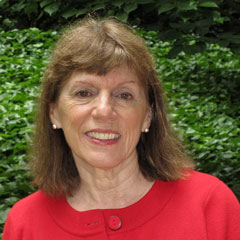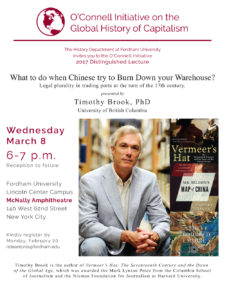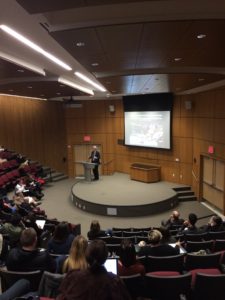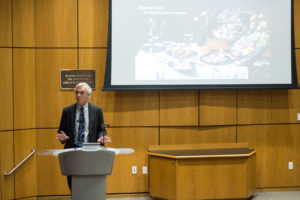 This last year, the department’s own Professor Rosemary Wakeman published her examination of the twentieth-century new town movement with the University of Chicago Press. Practicing Utopia: An Intellectual History of the New Town Movement tracks the global phenomenon as it ignored traditional political and geographic boundaries as each location strived for its own vision of an idealized city.
This last year, the department’s own Professor Rosemary Wakeman published her examination of the twentieth-century new town movement with the University of Chicago Press. Practicing Utopia: An Intellectual History of the New Town Movement tracks the global phenomenon as it ignored traditional political and geographic boundaries as each location strived for its own vision of an idealized city.
Discussing another historian’s work, from its inception to completion and the problems they encounter along the way, personally helps me realize my own research may be more fantastic reality rather than realistic fantasy (you mean I’m not the only one who feels like they spend more time than necessary getting archival permission?). Thankfully, Dr. Wakeman was able to take some time away from her schedule to discuss with me the process and problems for Practicing Utopia.
History Department: So how did the research for this book begin?
Rosemary Wakeman: Like many projects, I begin research while writing on Paris and its postwar development. The housing crisis and new towns in the Paris region led to the overwhelming sources on new towns in Europe, the Middle East, Africa, Asia. It was impossible not to follow the trail.
HD: So what began in Paris developed into a worldwide study? How long did it take then to write the book?
RM: The book was written during a year-long fellowship at the Netherlands Institute for Advanced Study in the Humanities and Social Sciences (NIAS) in Wassenaar, the Netherlands. Another 8+ months followed hunting for images and permissions, working with the editors at the University of Chicago Press to put together the final version.
HD: As a book that developed from Paris into a worldwide study, where does this fit into your overall research?
RM: My longstanding interest is in European urban history, especially the second half of the 20th century. The new towns book gave me the chance to explore urban history, architecture and urban planning in central and eastern Europe.
HD: Did exploring these topics then lead you into any new avenues of research?
RM: This has led to a new project on An Urban History of Europe, 1815 to the Present, which will be published by Bloomsbury Press. Another upcoming project speaks to my interest in continuing a global perspective and will examine the connections between Bombay, London, and Shanghai in the mid-20th century.
HD: It sounds like the trail hasn’t ended then. Have there been any bumps in that trail, such as problems that kept you awake at night dreading some aspect of the project?
RM: What kept me up at night was the choice of which new towns and architect-planners to include in the book and how to organize them around an intellectual history. Finding images and permissions was also difficult. Nonetheless, the project was an opportunity to be in contact with archivists and researchers in new towns literally all over the world. This was an immense pleasure and one of the great benefits of doing historical research.
Thanks so much to Professor Wakeman for taking the time to answer our questions.
When she is not away writing wonderful books, Professor Wakeman teaches frequently in the History graduate program and has served as Director of the O’Connell Initiative in the History of Global Capitalism.





